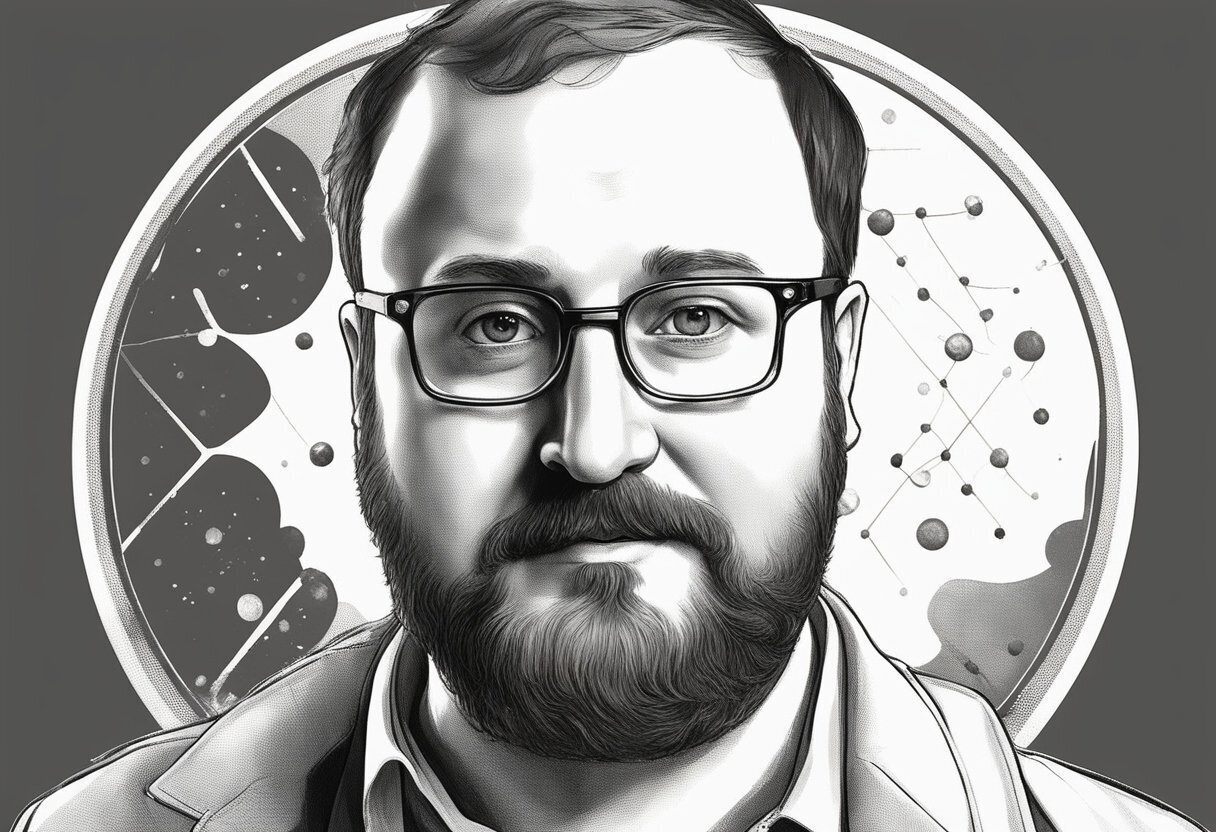Charles Hoskinson, the founder of Cardano, is scheduled to meet with Argentina’s President Javier Milei in October to explore the influence of cryptocurrency on the nation's economy.
Planned for October 19, this meeting will occur during the Tech Forum Argentina, where Hoskinson will participate in discussions centered on the transformative potential of blockchain technology for economic and social frameworks.
Key Topics of Discussion
The dialogue will address various subjects, including Argentina's technological strategy and the possible implementation of a central bank digital currency (CBDC).
Strengthening Ties Between Cardano and Argentina
This forthcoming meeting signifies a deepening of the existing connections between Cardano and Argentina.
The Cardano Foundation has been proactive in the country, forging numerous partnerships aimed at fostering blockchain adoption at the local level. In June 2024, the foundation entered into another agreement to advance the integration of blockchain technology throughout Argentina.
Bitcoin has a notable history in Argentina; for instance, one of the pioneering crypto companies, BitPay, developed its wallet Copay there in 2012.
President Milei, recognized for his supportive views on cryptocurrency, has shown his endorsement of Cardano via social media. In May 2024, he shared a Cardano-related post from Dario Epstein, in addition to multiple messages from Hoskinson.
On September 17, he confirmed his participation in the Tech Forum Argentina through a social media announcement.
Technological Advancements in Cardano
This news aligns with Cardano's strides toward achieving decentralized governance as part of the Voltaire phase of its roadmap. On September 1, Cardano completed its first hard fork in this era, implementing community-led governance structures.
An eagerly awaited upgrade, known as the Leios update, is anticipated to enhance the platform’s speed, according to Charles Hoskinson, who stated it would surpass Solana's performance while maintaining decentralization.
The formalization of on-chain voting mechanisms through the final Cardano Constitution is expected to take place in December 2024.
Innovative Educational Initiatives in Argentina
In a forward-thinking move, the Ministry of Education of Buenos Aires partnered with the ETH Kipu Foundation in August to incorporate Ethereum and blockchain education into high school curricula. This initiative puts Argentina ahead of many of its Latin American neighbors and aims to equip students with essential skills for the evolving tech economy.
Complementing in-class programs, the collaboration also includes the creation of an online Solidity course—a programming language used for Ethereum application development. This course will be accessible to 500 students aged 18 and older, enabling them to engage actively in the Ethereum development community.
Earlier this year, Milei opted to withdraw a proposed cryptocurrency tax law from a controversial omnibus reform package, aiming to accelerate the implementation of essential economic reforms.
The bill, referred to as the “Ley Ómnibus” or “Law of Bases and Starting Points for the Freedom of Argentines,” initially contained requirements for taxpayers to declare previously undisclosed assets, including cryptocurrencies. However, Minister of the Interior Guillermo Francos noted the removal of these provisions, emphasizing the need for swift economic growth and legislative efficiency as the primary motivators behind this decision.
With these developments, Argentina is poised to leverage cryptocurrency for economic advancement, highlighting its potential to reshape the future of work and finance in the region.




